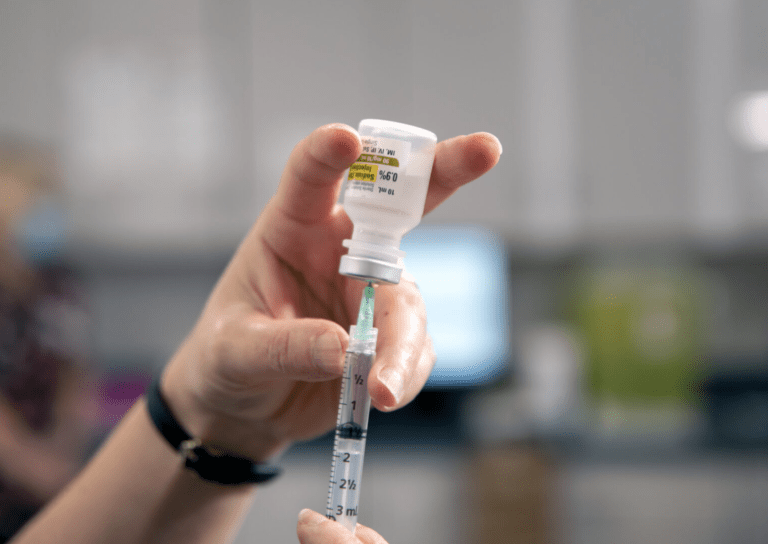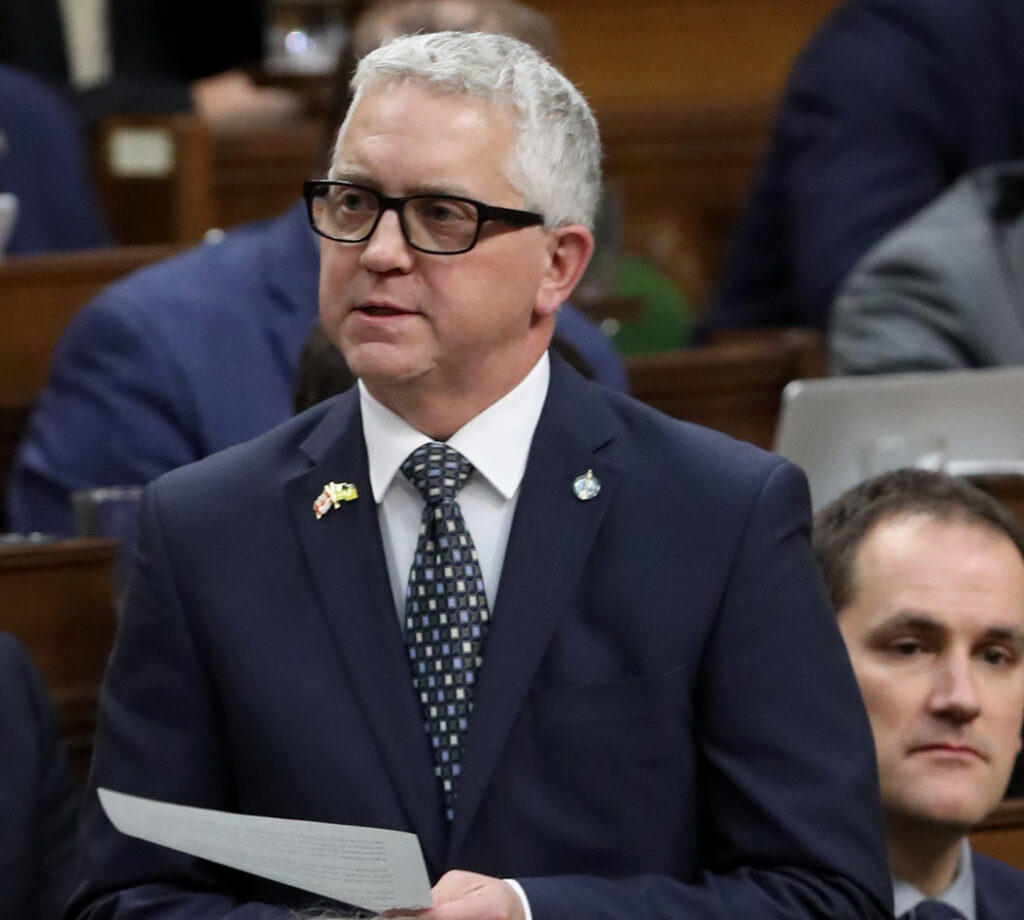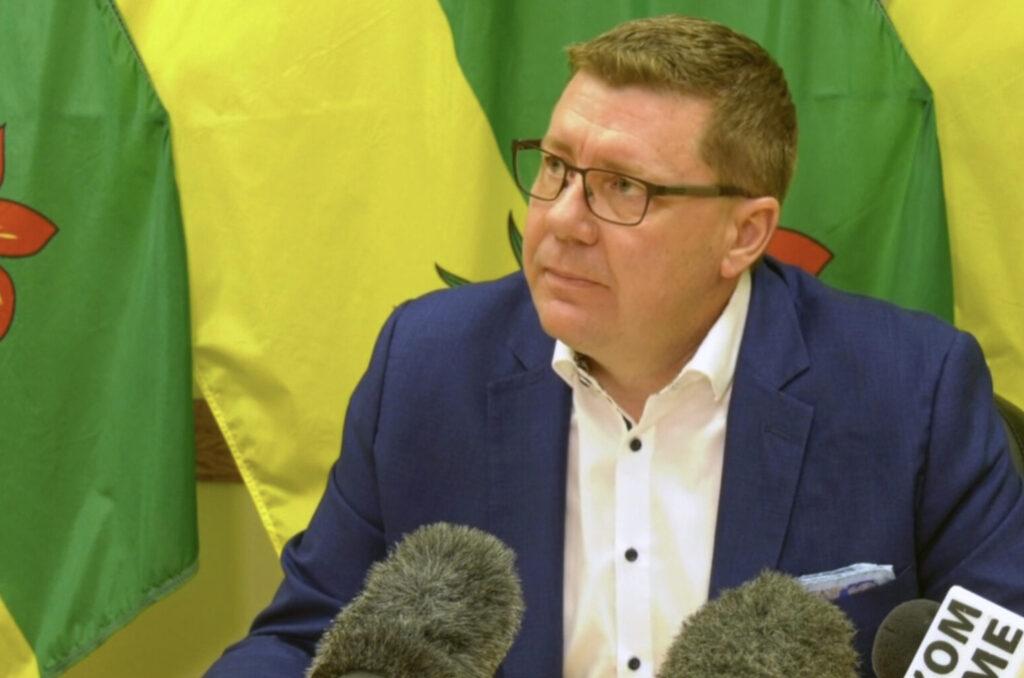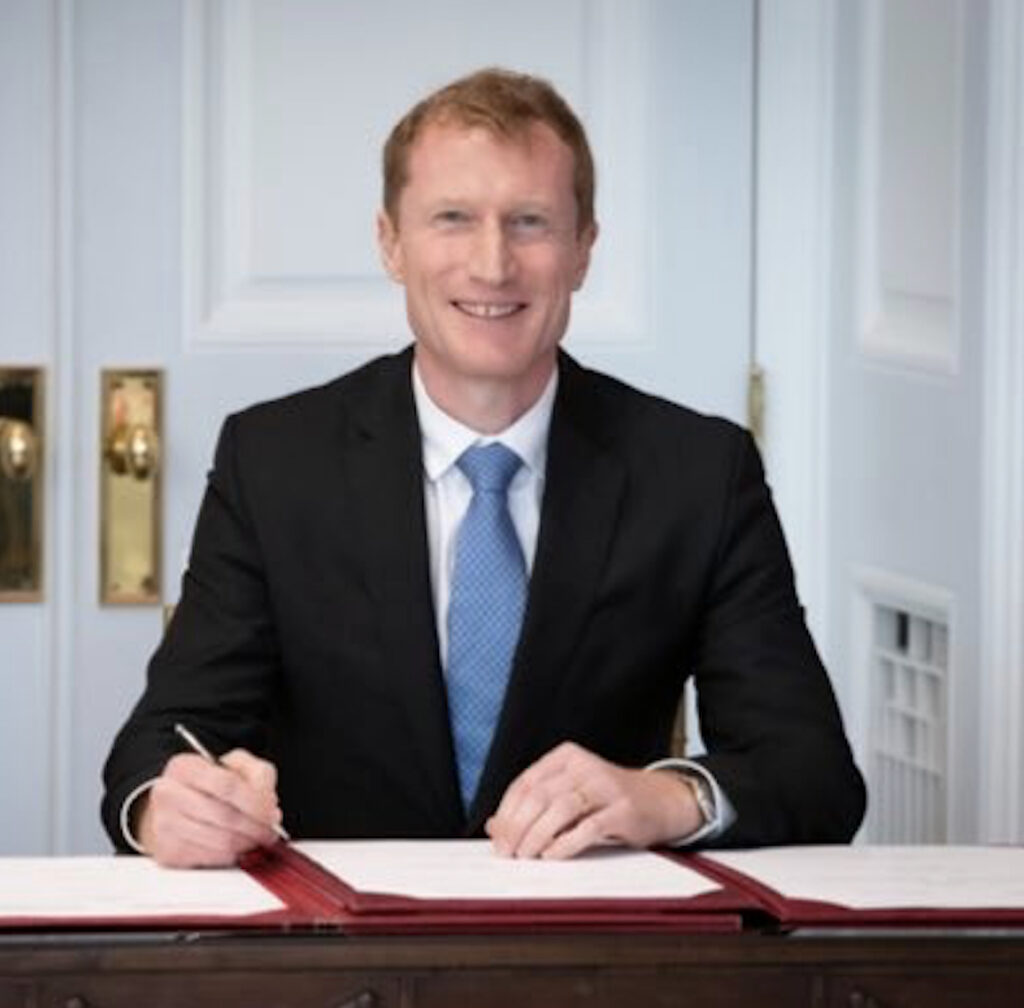
The ministry responsible for vaccine rollout among First Nations in Canada says it took “immediate action” to ensure delivery of expired vaccines remains “an isolated incident” following the delivery of expired vaccines to a First Nation in Ontario.
Indigenous Services Canada (ISC) said last Friday that expired doses of the Pfizer vaccine were mistakenly administered to seventy-one members of the Chippewas of Saugeen First Nation in Ontario between Aug. 13 and Sept. 9. Expired vaccines don’t pose a health risk but those who got them should be “re-vaccinated.”
Conservative critic for Indigenous services Gary Vidal questioned whether expired vaccine delivery to members of the Ontario First Nation was an “isolated incident.”
Vidal said he will be reaching out to Indigenous Services Minister Marc Miller to ensure that no expired vaccines were also delivered to First Nations in Saskatchewan.
Ministry works to contain ‘isolated incident’

“Indigenous Services Canada has taken immediate action to ensure this remains an isolated incident. The use of expired vaccines was not deliberate,” ISC spokesperson Danielle Geary said in a written response this Tuesday.
“It was the result of misunderstanding of a label expiry date based on frozen storage conditions, instead of referencing the expiry date based on refrigerated storage for use as needed.”
The ministry said it is “reviewing and improving” operational processes and guidelines by revising immunization protocols to include double verification of best before dates on vaccines.
The ISC will also improve training and vaccine education for ISC nurses “to stress the unique storage requirements of the COVID-19 vaccine,” the ministry said.
The COVID-19 medical directive has been updated to reflect these revisions.
“ISC recognizes that issues such as this can hinder vaccine confidence, though vaccine hesitance is not an issue solely impacting Indigenous communities,” Geary said.
“We will continue to work with all partners, provide funding and surge capacity when it is needed, and support more culturally safe and informed strategies.”
‘Complex jurisdiction’ in Saskatchewan’s north

Miller took issue with comments from the premier last Tuesday blaming relatively low vaccine uptake in northern and Indigenous communities in Saskatchewan on the Trudeau government.
Moe also said last Tuesday that he “suspects” the federal government has mishandled its approach to the pandemic in northern and Indigenous communities across Canada.
Miller criticized Moe’s assertion that northern and Indigenous communities are “exclusive” federal jurisdiction as “inaccurate.”
Miller said on Twitter that his ministry has taken a collaborative approach to managing the pandemic in northern Saskatchewan and called Moe’s comments “unproductive.”
“Early on in this pandemic, the community of La Loche faced a devastating spread of COVID but we worked cooperatively, despite jurisdictional complexities, with Saskatchewan and local Indigenous leadership to crush the curve,” Miller said.
“This early lesson has guided our approach since then.”
But Vidal said Moe is not incorrect to say there is a problem when it comes to vaccine uptake in northern and Indigenous communities that Vidal represents as MP for the riding of Desnethé—Missinippi—Churchill River in the House of Commons.
Vidal accused Miller of using Moe’s comments as a way to “deflect” from the situation in Ontario. Miller hasn’t responded to requests for further comment since Friday.
“I’m frankly quite disappointed that that’s the road they would go down. Especially when you find out later in the day that minister Miller’s ministry was providing expired COVID-19 vaccinations to the members of the Saugeen First Nation in Ontario,” Vidal said.
“They found out about this on September 15. They didn’t release that information until two days after the election. I’m sorry, that’s just crass politics.
“Instead of attacking premiers to deflect, can (Marc Miller) assure First Nations across Canada that this was an isolated incident?”
Miller said vaccination rates among Saskatchewan First Nations are low — at around 60 per cent among persons 12 and older — but we should “absolutely not” blame those communities.
Ministry to ‘ramp up’ immunization efforts

Geary said vaccination rates in Indigenous communities vary greatly across Canada, with some achieving very high rates of vaccination due to the efforts of local leadership, elders and public health care providers. But some communities are not yet seeing high vaccination rates.
“Indigenous Services Canada recognizes that First Nations, Inuit and Métis have historically endured — and continue to endure — systemic racism and discrimination when seeking healthcare, resulting in mistrust in Canada’s healthcare systems,” Geary said.
The ministry promised to “ramp up” vaccinations and address hesitancy around the vaccine and pointed to historical factors such as colonialism and the relationship between Indigenous peoples and government as having contributed to low vaccine confidence in some areas.
ISC said it is “working closely” with Indigenous leadership at the provincial, council and community level to increase vaccine uptake for each community. Provincial public health units and health ministries are also being involved in discussions with Indigenous leadership and ISC.
The ministry said it is involving more Indigenous health care providers from whom people “might feel safer receiving services” and getting the message out through trusted community members.
Two COVID-19 vaccine planning groups with representation from federal, provincial, territorial, and Indigenous partners were formed to “co-develop” approaches to address vaccine uptake.
These working groups discuss sources of vaccine hesitancy, as well as best practices to support uptake. Another group was also formed to support vaccine uptake among Indigenous youth.
